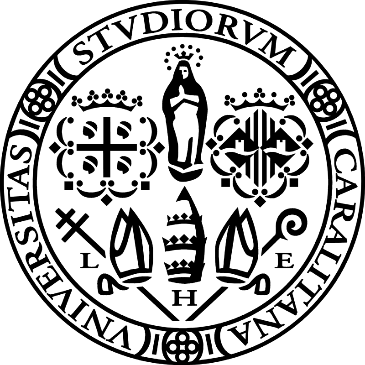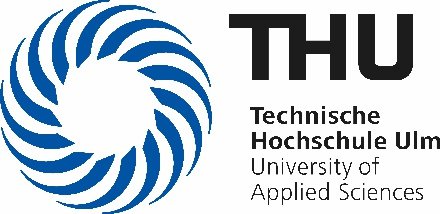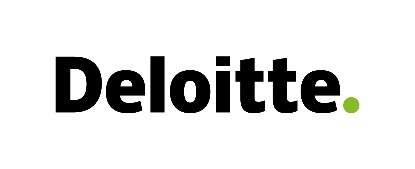13 December 2021, 14:00 to 16.00 (CET), Online
MOST Project
Master Education on Smart Grids Technologies























Energy transition
Sustainable goals towards affordable and clean energy
Digitalization
Smart Grids are digital, interconnected and automated, with many technologies involved, including artificial intelligence or the Internet of Things.
Decarbonization
Smart Grids are a set of technologies and procedures to foster renewable energy sources (RES), efficiency, and electrification of end-users.
Decentralization
Smart Grids provide tools to enable the decentralized operation of energy systems that is crucial to efficiently manage RES while adding flexibility.


























Smart Grids
How do they work?


































































































































































Smart meters
Provide the Smart Grids interface between the prosumer and the energy service provider


A Smart meter records the current electricity flow at regular intervals


The usage information is sent to the data communications company


Your energy supplier then recieves information about your electricity usage

An accurate energy bill is sent based on your consumption, which will help you keep track

Smart Grids benefits
Allow the switch from centralized to decentralized energy production
Reduce utility bills for consumers through the local energy generation and better asset management
Reduce the chance of domino blackouts making the grid more resilient
Reduce global warming through the integration of decentralized renewable energy sources such as PV and wind into the grid






Smart Grids figures
of European consumers have Smart Meter for electricity

Member States rolled out close to 200 million smart meters for electricity and 45 million for gas for 2020 at a total investment of €45 billion
of market penetration for electricity

Benefits per metering point of €309 for electricity along with 3% energy savings

Smart Grids and green energy related jobs

Work related to the Smart Grids is expected to result in about 280 000 new positions.

Employment in the EU enviromental economy rose from 2.8 million full-time equivalent jobs in 2000 to 4.5 million full-time equivalents in 2016.

Almost one million new full-time equivalent jobs have been created in the EU between 2000 and 2017 through renewables and energy-efficiency measures.

Employment related to renewables and energy efficiency grew by a factor of 2.6 since 2000.
Master Course Highlights

High quality education covering Smart Grids + RES Grid integration + energy sector coupling

Virtual labs
a shared learning experience for the
students across the universities

Living labs
testing knowledge in a real-life
enviroment, recording and assessing the response of actual users

Close cooperation with the industry

Possibility to study at three leading universities around Europe

Sign up to our newsletter and learn how you can get involved in the project
Recent News

Second MOST newsletter is out!
The second newsletter of the MOST project is out! Find out more about our progress, MOST at the EU PVSEC and next steps.
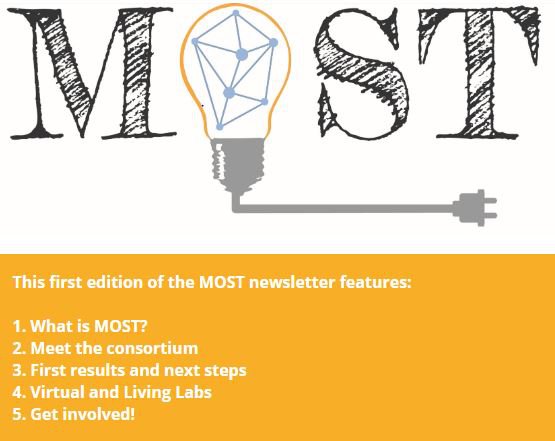
First MOST newsletter published!
The first newsletter of the MOST project is now available to download! Find out more about the project results, next steps and achievements.
Recent Downloads
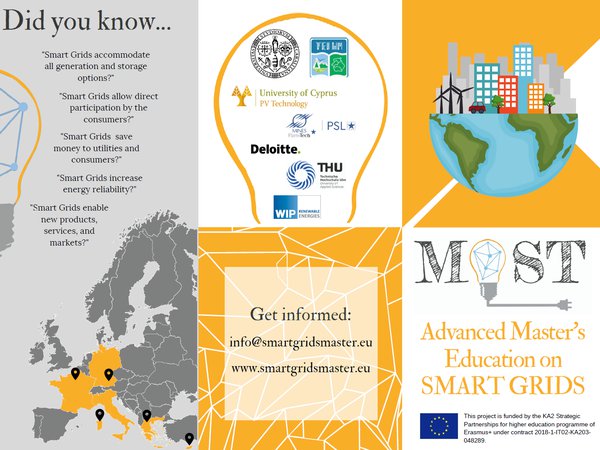
Project leaflet
MOST project aims to develop an innovative and targeted Master’s program on Smart Grid Technologies to educate the Smart Grid professionals of the future
Partners
